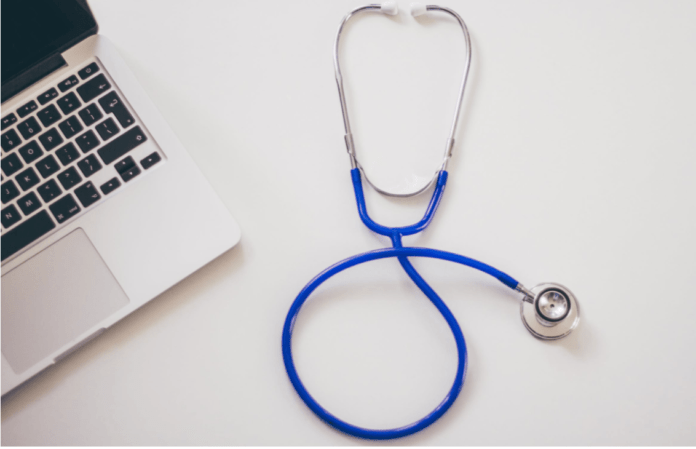You are more than just your pain, but chronic pain can feel like it defines you. As a result, you may find yourself feeling hopeless and desperate for relief. This article will go over six non-depressive effective methods for chronic pain relief, so you don’t have to suffer alone anymore!
Avoid Alcohol
Alcohol can trigger or worsen the symptoms of chronic pain. It slows down your ability to heal, and sometimes it will even increase sensitivity in areas already hurting.
Avoiding alcohol is one thing you should do if you’re trying to get relief from chronic pain. However, when thinking about what’s going on with our body when drinking, it’s essential to know what kind of different reactions alcohol has on you.
Alcohol is a depressant that slows down your central nervous system and can slow or stop the production of pain-relieving hormones like endorphins.
You also have natural neurotransmitters in your brain called serotonin receptors which help regulate moods, sleep patterns, and appetite. Still, alcohol inhibits these receptors, which can result in feelings of depression.
Also, the more you drink, the higher your tolerance becomes, so after a while, you’ll need to drink even more to get that same effect, leading to an increased risk of developing an addiction. Alcohol is also addictive when it’s not consumed frequently enough or at all.
Practice Meditation
Meditation can help ease chronic pain and alleviate depression, according to a 2013 study. In addition, meditation has been found in some studies to be more effective for reducing anxiety symptoms than other treatments like mental tricks or breathing exercises.
Many people think that meditation may work by decreasing activity in areas of the brain associated with feelings of emotional distress such as fear and shame.
It is possible to practice meditation for free or as part of a group. You can do it alone at home, but it also may involve sitting together with others who are meditating simultaneously. Meditation may include taking note of thoughts and feelings that arise during the exercise without judging them, good or bad.
Use of Ketamine Infusion Therapy
Ketamine is a medication that provides relief for many people with chronic pain. In some studies, patients treated with ketamine infusion therapy experienced up to 75% reduction in their average pain score (pain intensity) at the end of one treatment.
Additionally, it can take as little as 20 minutes or less for ketamine to take effect, with relief lasting for hours or days, depending on the dose.
Avoid Smoking
Smoking also worsens chronic pain problems because it causes the blood vessels in your hands and feet to become more restricted than they would have been otherwise. In addition, nicotine constricts the blood vessels and can also aggravate mood swings.
Consume a Healthy Diet
Adopting a healthy diet is one of the most important things you can do to relieve chronic pain. The best bet for following a healing and nutritious diet plan is to consult with an expert or health care provider such as a doctor, nutritionist, or naturopath. You may find that certain foods help your symptoms more than others.
Dry Needling
Dry needling is a type of therapy that uses needles to release tension and blockages in the muscles. Dry needling seeks to treat pain-related conditions from muscle injuries, repetitive strain, or chronic issues without using medication. It’s available at many physical therapy clinics, which makes it an accessible option for treatment.
The needles used are thin and flexible, which often makes them a more comfortable option than injections. They’re also much cheaper, lasting for several years when properly taken care of.
Conclusion
Regardless of your chronic pain symptoms, hopefully, at least one of these methods has helped. However, remember that there is no single cure for chronic pain or condition; you may need to combine therapies to find relief. If none of these work well, consult with a doctor specializing in treating chronic pain and see if they have any other suggestions.


